Tablet Salt – Industrial salt
Tablet salt, also known as water softener salt tablets, is a type of salt specifically designed for use in water softening systems. Water softeners are devices that remove or reduce the concentration of minerals, primarily calcium and magnesium ions, that cause water hardness. Tablet salt is used in water softeners to regenerate the ion exchange resin in the softening system.
Here are some key points about tablet salt and its use in water softening:
1. **Purpose**: The primary purpose of tablet salt is to regenerate the resin beads in a water softener. Over time, the resin beads become saturated with calcium and magnesium ions, reducing the softening capacity of the system. Tablet salt helps to recharge the resin beads by flushing out the accumulated minerals and replacing them with sodium ions.
2. **Composition**: Tablet salt for water softeners is typically made of pure salt (sodium chloride) compressed into tablet form. The tablets are designed to dissolve slowly and uniformly to prevent bridging or mushing in the salt storage tank of the water softener.
3. **Convenience**: Tablet salt is a convenient option for homeowners with water softeners, as it is easy to handle and store. The tablets are compact and dissolve efficiently, reducing the need for frequent refills and maintenance of the water softening system.
4. **Effectiveness**: Tablet salt is an effective way to maintain the efficiency and performance of water softeners. Regularly using tablet salt in the regeneration process helps ensure that the water softener continues to produce soft water by removing hardness minerals.
5. **Types**: Tablet salt for water softeners is available in different sizes and formulations, including standard tablets, compacted pellets, and block salt. The choice of tablet salt type may depend on the specific requirements of the water softening system and the preferences of the user.
Overall, tablet salt is a convenient and effective solution for maintaining water softeners and ensuring the consistent supply of soft water for various household and commercial applications. It is important to follow the manufacturer’s recommendations for using tablet salt and regularly maintain the water softening system to optimize its performance.
₦40,000.00
Description
Tablet industrial salt, also known as sodium chloride or industrial salt, is a type of salt that is compressed into tablet form for industrial applications. It is commonly used in various industries for a wide range of purposes, such as:
1. Water softening: Tablet salt is often used in water softeners to help remove minerals like calcium and magnesium from hard water, which can cause limescale buildup in pipes and appliances.
2. Deicing: Tablet salt is used for deicing roads, sidewalks, and parking lots during winter to help melt ice and snow and improve traction.
3. Chemical manufacturing: Tablet salt is used as a raw material in various chemical manufacturing processes, such as in the production of chlorine, caustic soda, and other chemicals.
4. Food processing: Tablet salt is used in the food industry for various purposes, such as seasoning, preserving, and curing meat.
5. Agriculture: Tablet salt is used in agriculture as a nutrient for livestock and as a supplement for animal feed.
6. Textile industry: Tablet salt is used in the textile industry for dyeing and processing fabrics.
7. Pharmaceutical industry: Tablet salt may be used in the pharmaceutical industry as an excipient in the production of tablets and capsules.
Overall, tablet salt plays a crucial role in various industrial applications due to its versatility and properties, making it an essential ingredient in many processes and products.
When using tablet salt in industrial applications, it is important to consider safety measures to prevent potential hazards and ensure the well-being of workers and the environment. Here are some safety considerations for handling tablet salt in industrial settings:
1. **Personal protective equipment (PPE):** Workers should wear appropriate PPE, such as gloves, safety goggles, and protective clothing, when handling tablet salt to prevent skin contact and inhalation of dust.
2. **Handling and storage:** Tablet salt should be stored in a dry, well-ventilated area away from incompatible materials. It should be stored in a secure manner to prevent spills and contamination.
3. **Avoid inhalation:** Inhalation of tablet salt dust should be avoided as it can irritate the respiratory system. Work areas should be well-ventilated, and dust control measures should be implemented.
4. **Avoid skin contact:** Direct skin contact with tablet salt should be minimized to prevent irritation or dermatitis. In case of skin contact, wash the affected area with water and soap.
5. **Spill response:** In the event of a spill, proper cleanup procedures should be followed to prevent the spread of tablet salt and minimize environmental impact. Spills should be cleaned up using appropriate equipment and methods.
6. **Fire hazards:** Tablet salt is not flammable, but it can be a fire hazard if it comes into contact with certain chemicals. Proper storage and handling practices should be followed to prevent fire incidents.
7. **First aid:** Ensure that workers are trained in first aid procedures in case of accidental exposure or ingestion of tablet salt. Emergency response protocols should be in place for handling incidents involving tablet salt.
8. **Regulatory compliance:** Ensure that all safety guidelines and regulations related to the handling and use of tablet salt in industrial applications are followed. Stay informed about relevant safety data sheets and guidelines provided by the manufacturer.
By following these safety precautions and best practices, the risks associated with handling tablet salt in industrial applications can be minimized, promoting a safe working environment for workers and preventing potential accidents or incidents.

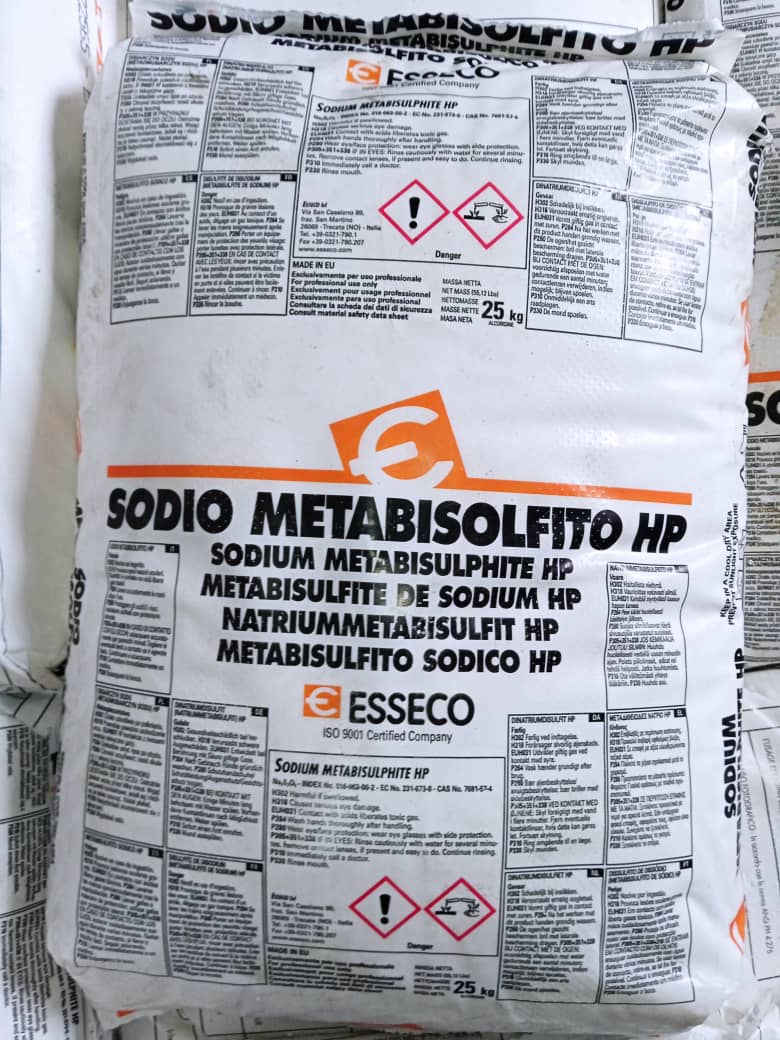
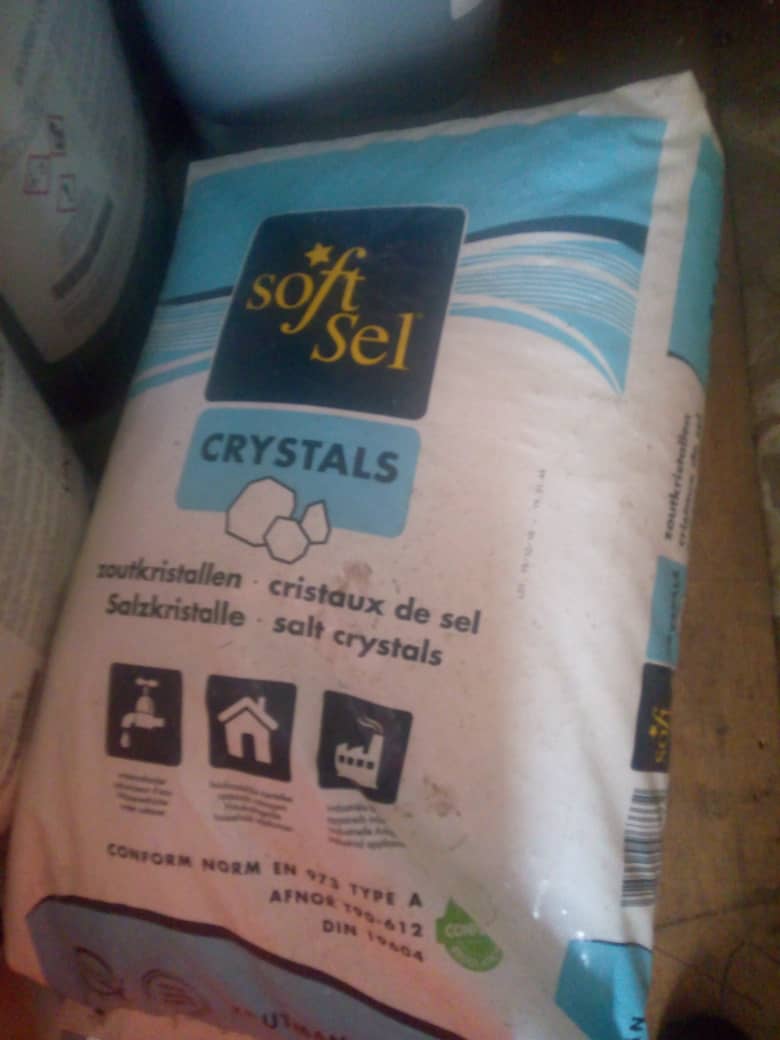
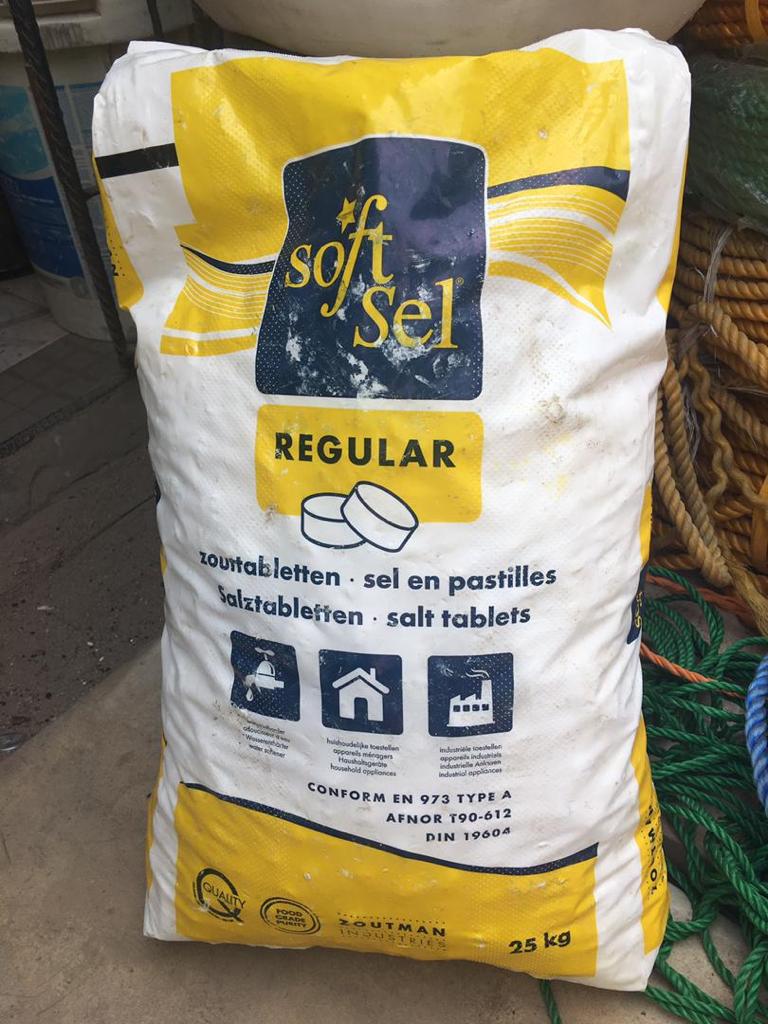
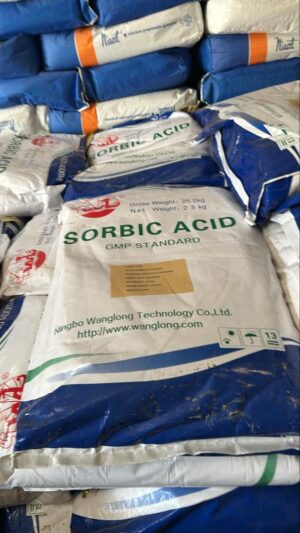

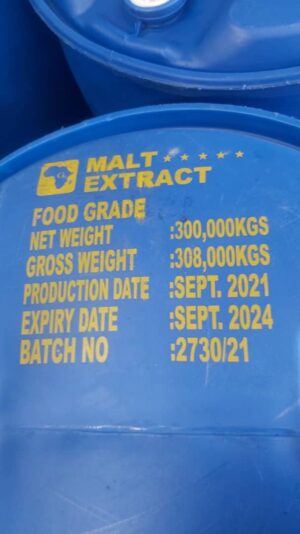
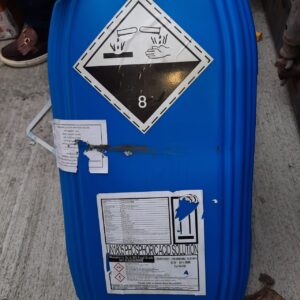
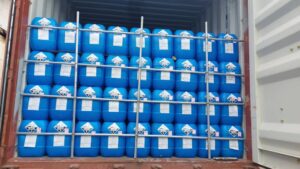
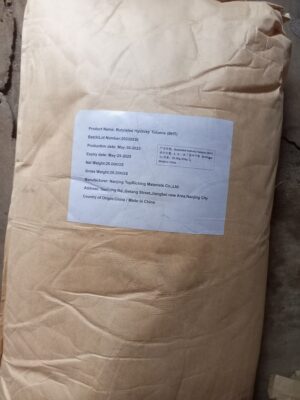
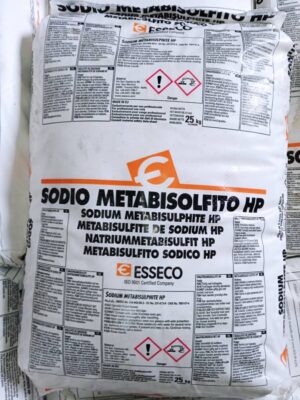
Reviews
There are no reviews yet.